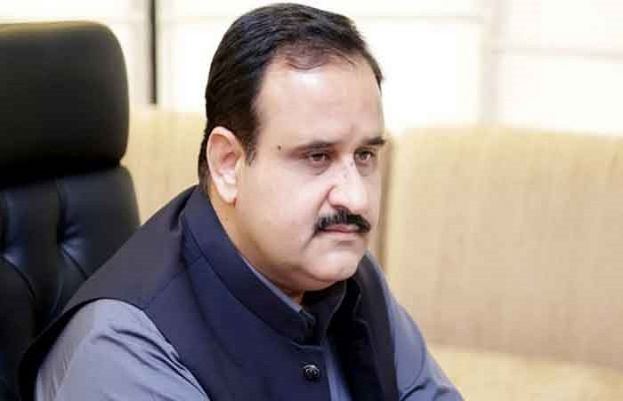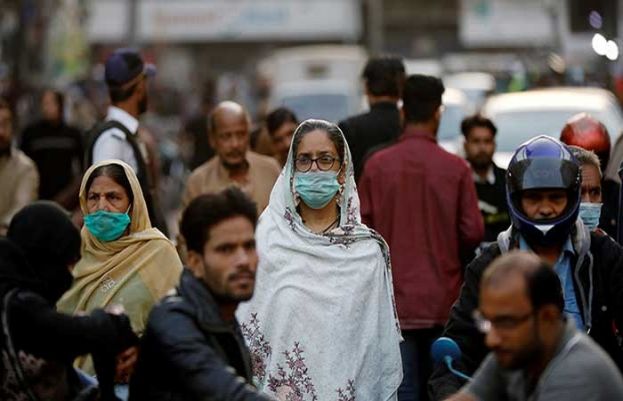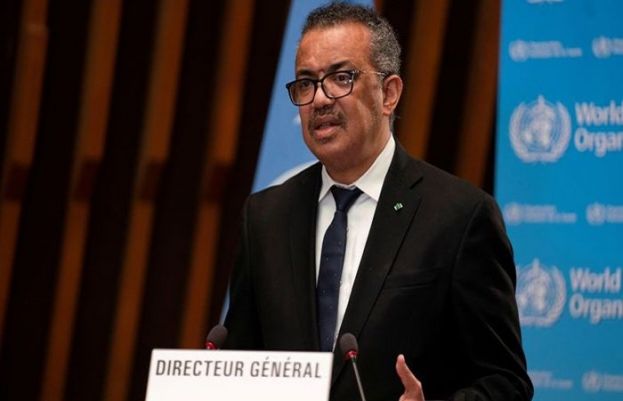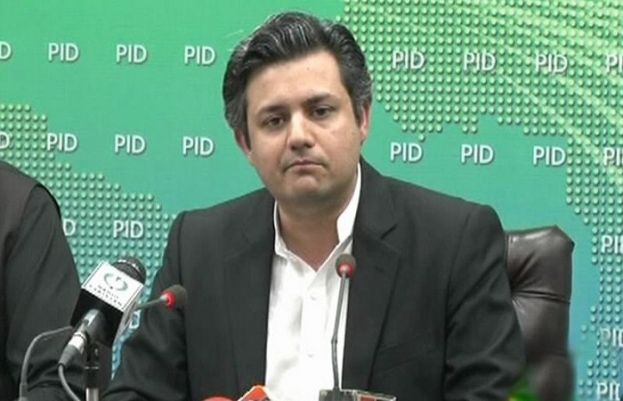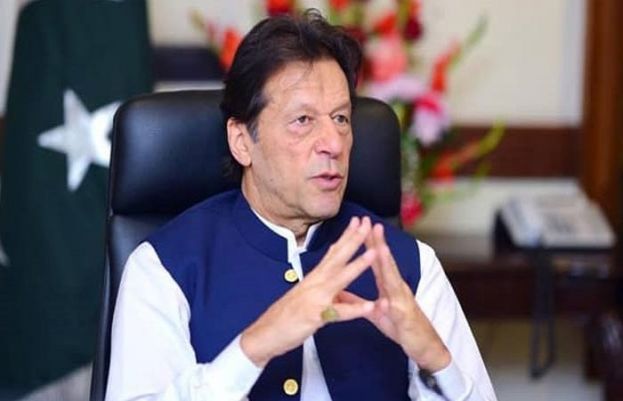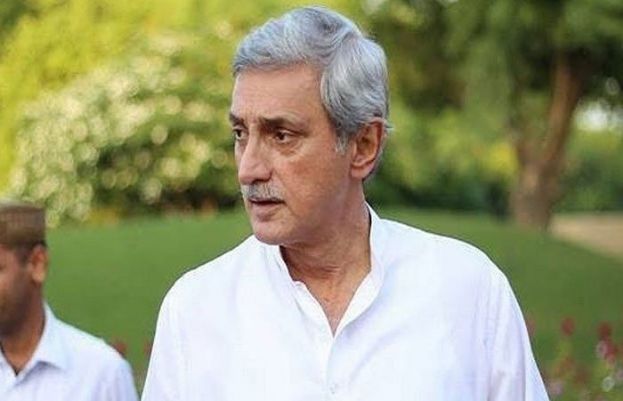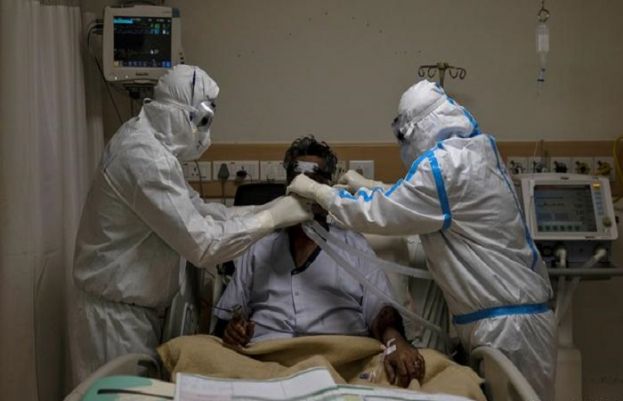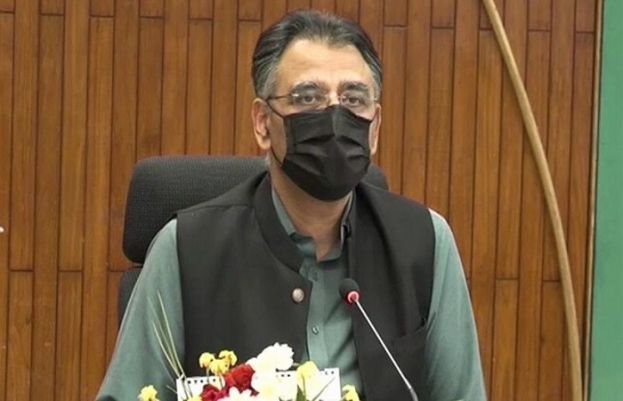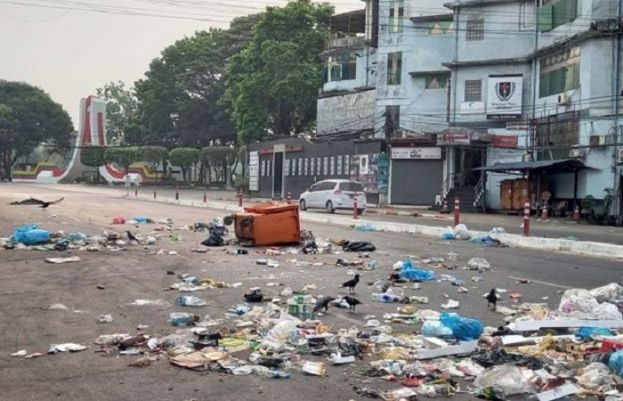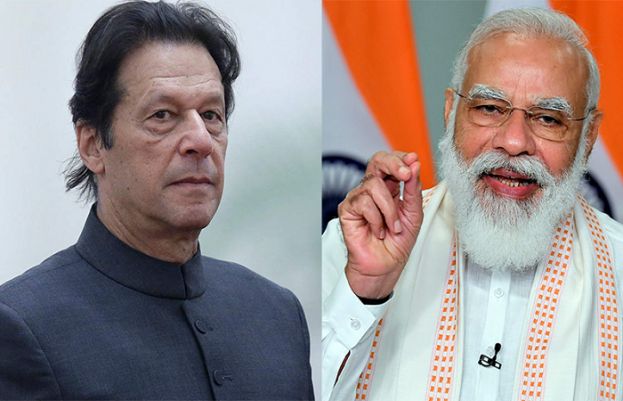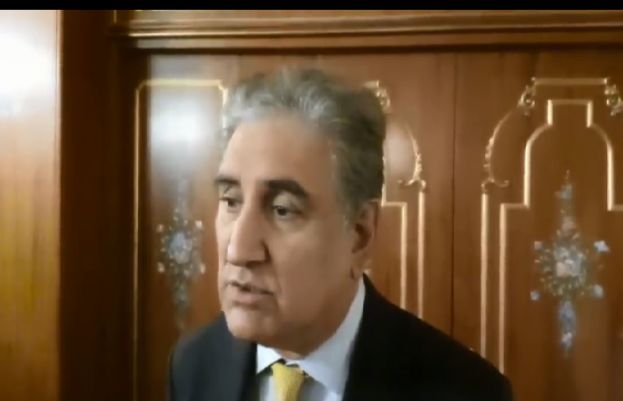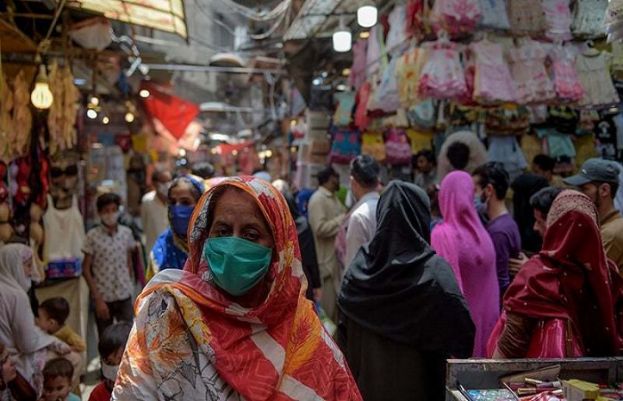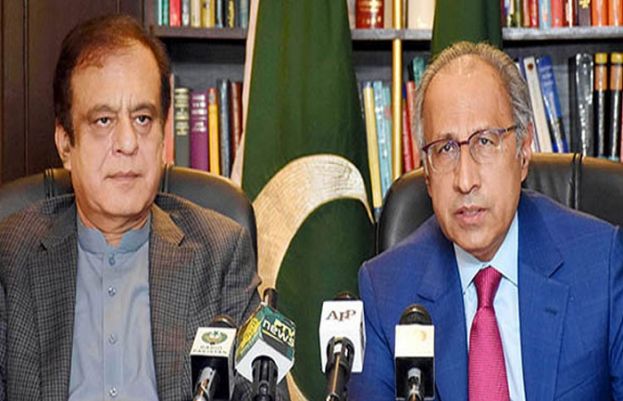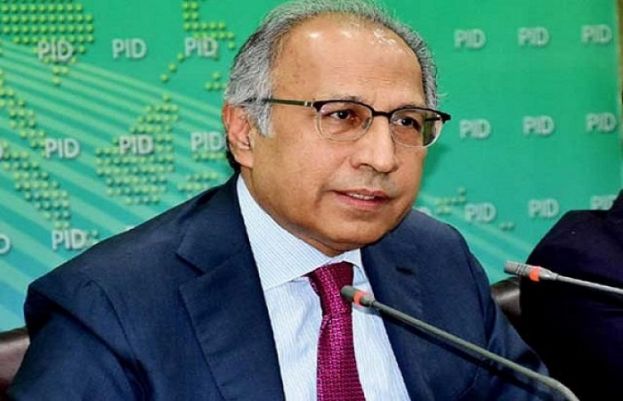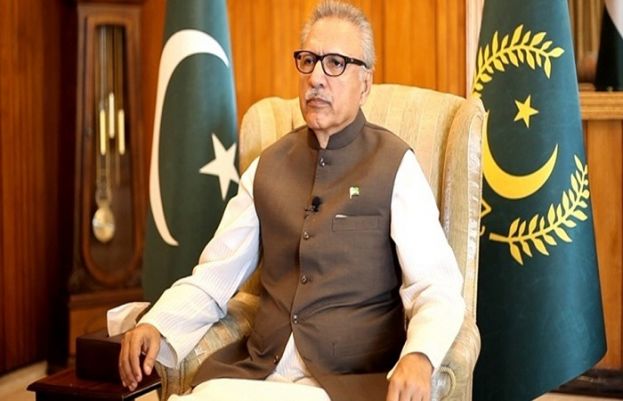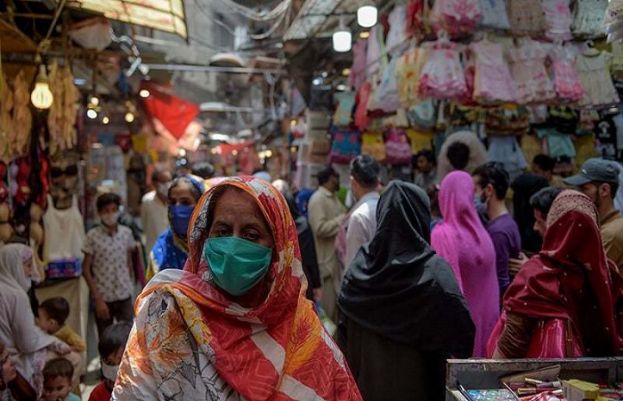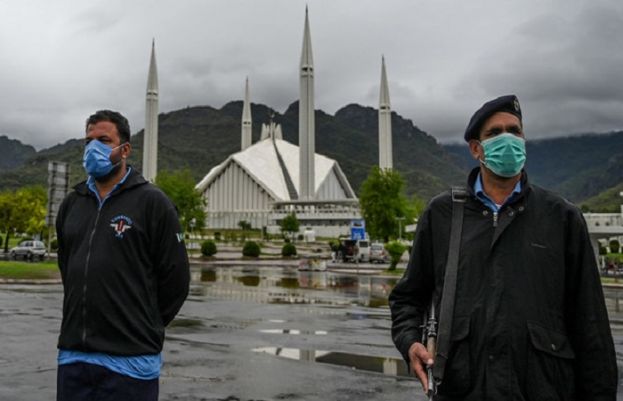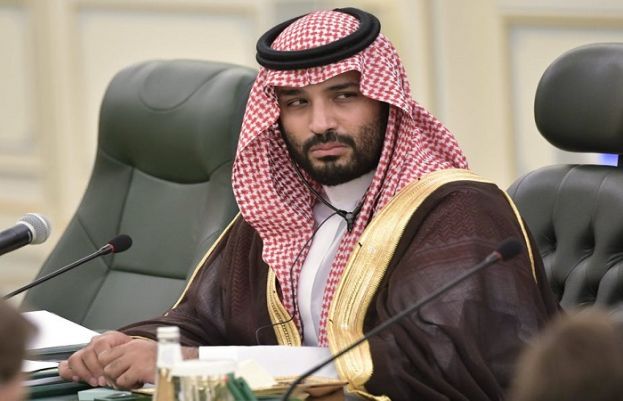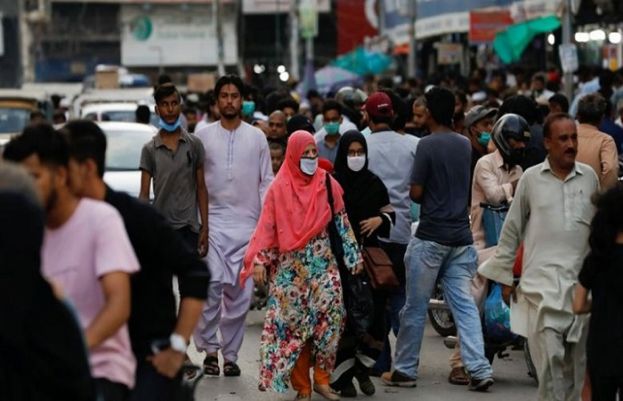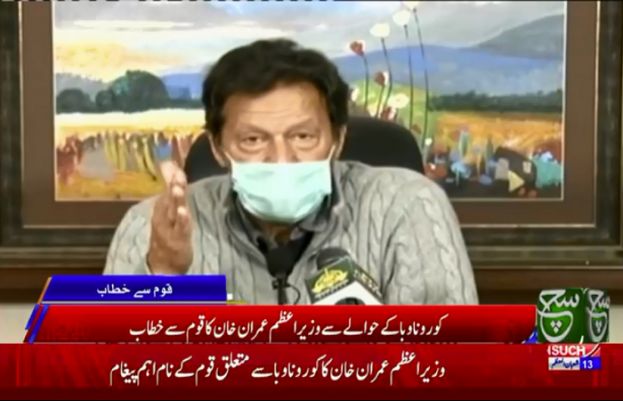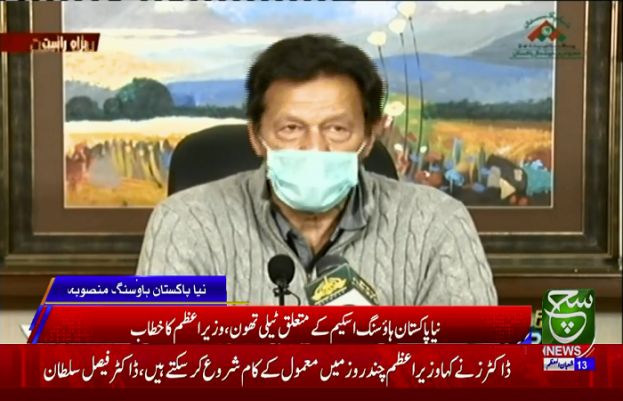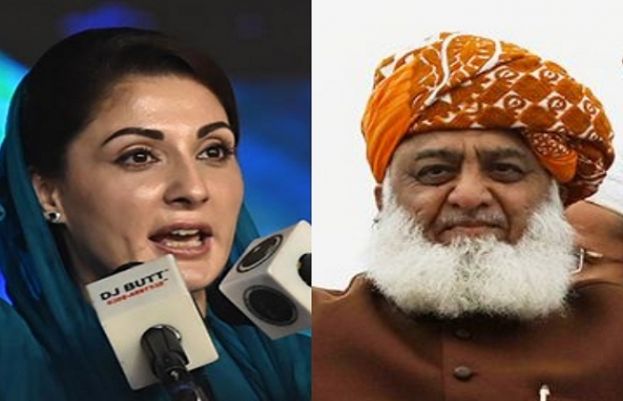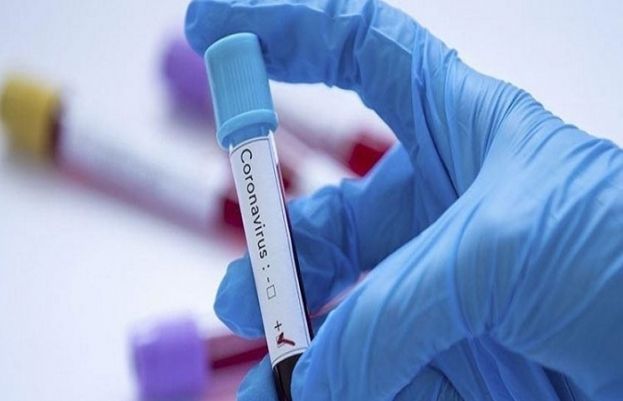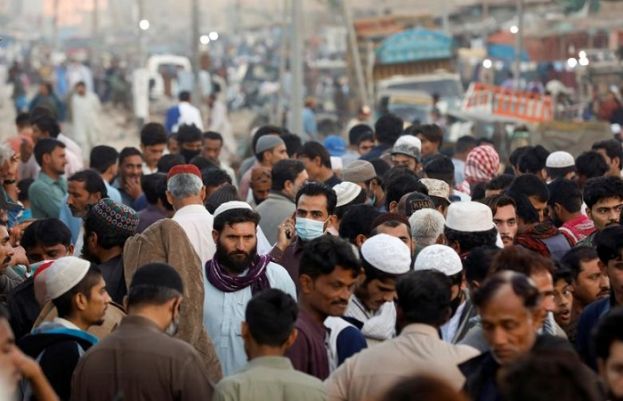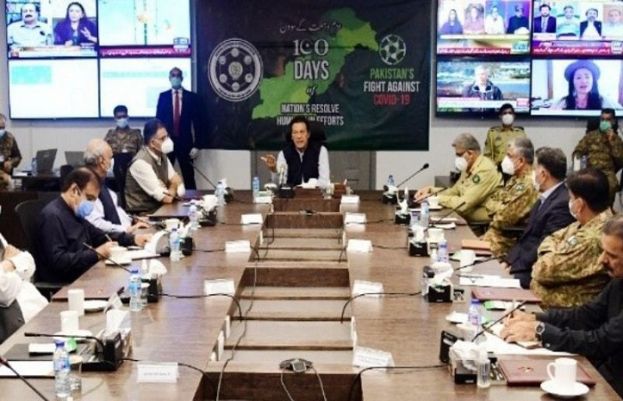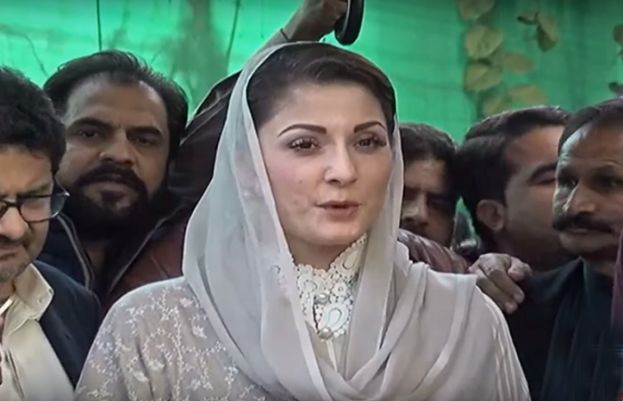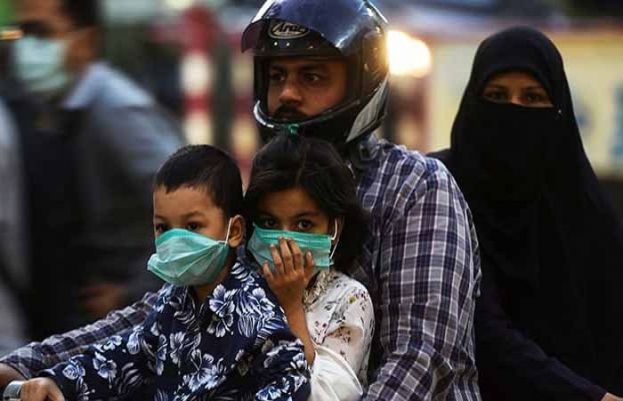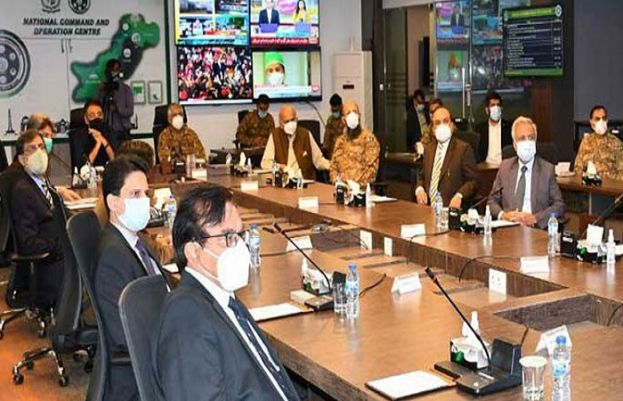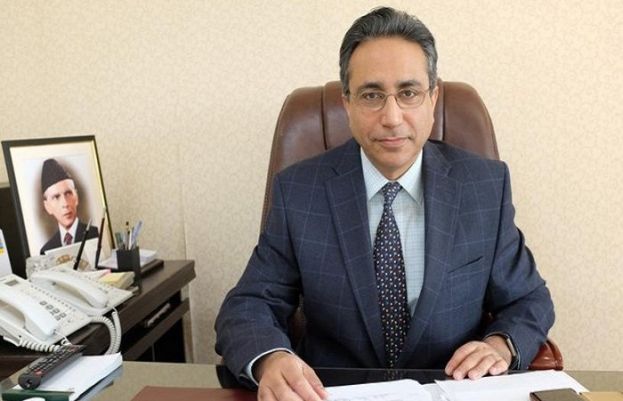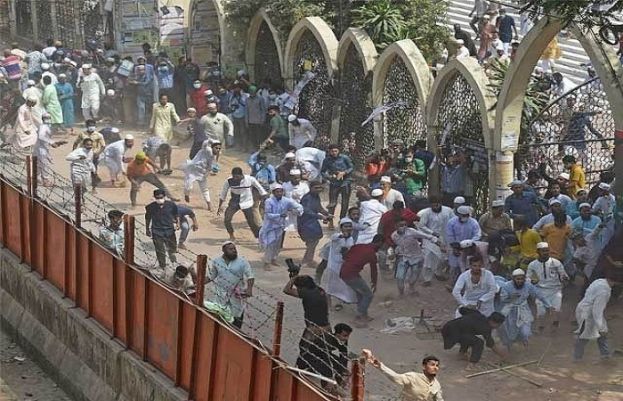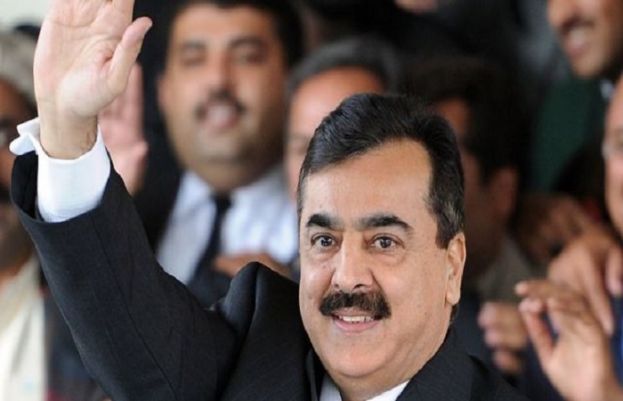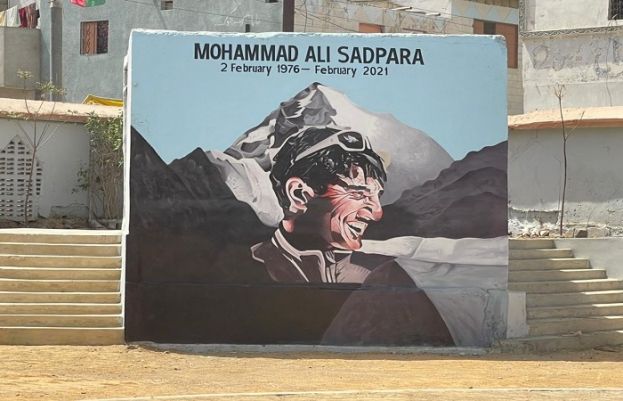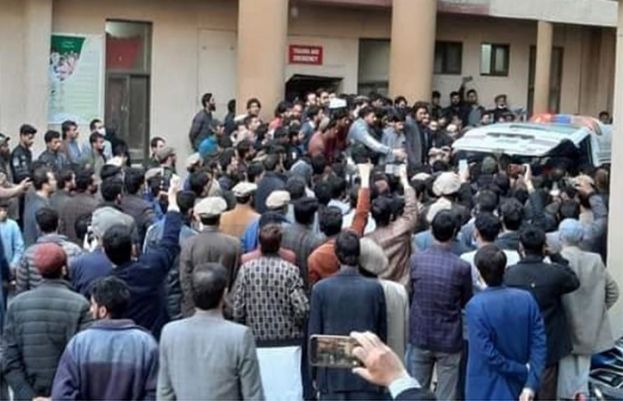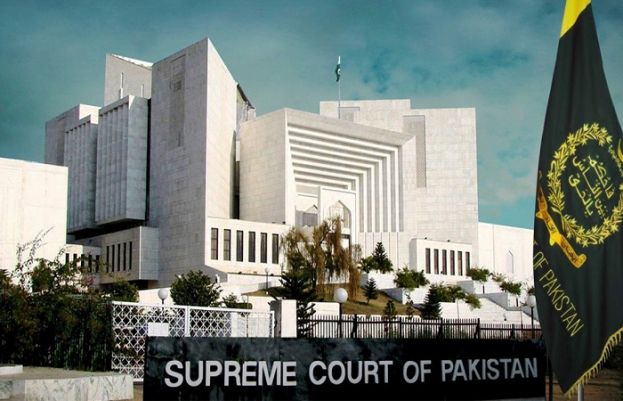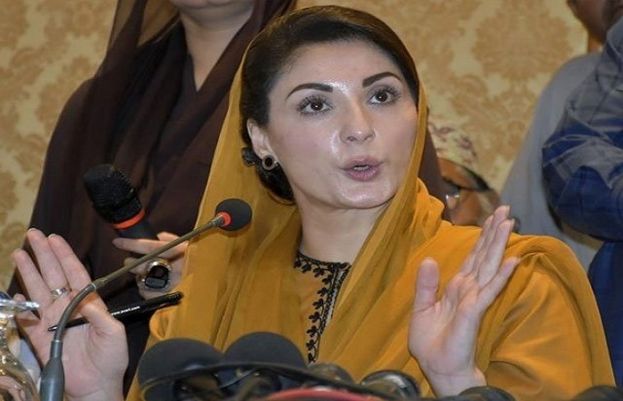Special Assistant to the Prime Minister on Petroleum Nadeem Babar has been asked by Prime Minister Imran Khan to step down from his role as recommendations by a committee probing the petrol crisis are put into effect.
The decision was announced by Minister for Planning, Development and Special Initiatives Asad Umar in a press conference on Friday to discuss findings by the Federal Investigation Agency in a probe ordered by the premier to ascertain the reasons behind petroleum shortages in the country.
"Secretary for Petroleum Division (Mian Asad Hayauddin) will also be asked to report to the Establishment Division once his replacement is finalised," Umar added.
Umar warned against speculation and clarified that the decision in no way means that the two individuals have been found to have engaged in any wrongdoing.
"The prime minister has decided that the entire chain (responsible for the crisis) has to be investigated [...] this decision was made so that no doubt remains of any one person's possible involvement," the minister said.
Umar, in his detailed media briefing also went over the final recommendations made by the cabinet committee probing the matter.
The committee is comprised of Umar himself, along with federal ministers Shafqat Mehmood, Azam Swati and Shireen Mazari.
"We forwarded our recommendations to the prime minister, after which he asked for some additional information. When some more information came to the fore, we were given the go ahead to share our recommendations," said the minister.
He said these recommendations have been divided into three categories.
In the first category, criminal acts have been detailed for which the committee seeks to register criminal cases.
"The evidence to be formulated in a way that charges can be brought. FIA has been told to do a forensic audit so that within 90 days prosecution efforts can begin," Umar said.
The following are the areas that FIA has been tasked to investigate:
- Was the legal requirement for a minimum inventory fulfilled by the oil companies?
- Were the sales figures that were reported actual numbers or was there a discrepancy between what was reported on paper and what was actual? Who reported these?
- Was the product hoarded? If so, then who was responsible?
"These are all those things which in the report are prima facie [...] it was determined that these did occur. So I am just saying that the evidence has to be given such a shape that it is prosecutable in court," explained Umar.
He also spoke of certain deficiencies in the system, which also saw legal violations, for example undue advantage taken of a temporary marketing licences, illegal hospitality agreements for where the product will be kept, and the product's sales at illegal outlets.
The minister also spoke of a key allegation in the report regarding delayed berthing of an oil ship so that when new rates are notified, the product can be sold at a higher rate. "A forensic investigation and pinpointing in this also needs to be done to ascertain who was responsible," Umar said.
He said illegal sales will also be covered in the forensic audit.
"Action will not only be limited to fines. [We will ensure] people are handcuffed and sent to jail."
The minister further said that although oil retail companies and fuel stations will be probed in the forensic audit, it must also investigate which government officials facilitated such criminal acts.
"The Petroleum Division will be investigated, as well as OGRA (Oil and Gas Regulatory Authority), Ministry of Maritime Affairs and Port Authority," for all the illegal, aforementioned acts, said Umar.
He said the other part of the recommendations are administrative actions.
"Some people sitting in administrative roles were said to not be skilled enough to sit in these positions. The Petroleum Division has been asked to look into this and report to the prime minister as soon as possible," he said.
Umar said that the system under which the petrol sector operates has two key players: the Petroleum Division representing the executive branch and OGRA, which is the regulator.
He said the legal provisions which have been drawn up for these to operate under have fallen under scrutiny after the petroleum crisis.
"What is the responsibility of OGRA, the regulator and what is the responsibility of the Petroleum Division?" Umar asked figuratively, before adding: "A law will be made which will make these roles clear, so no ambiguity remains."
He said whenever issues were brought up before the cabinet committee, the lack of clarity of the roles of the two players in the sector, was always a matter of debate.
"OGRA would say so and so is Petroleum Division's responsibility and the Petroleum Division would say the same for OGRA, each citing different clauses of the law," Umar said.
He said the law was also found to be very weak in punitive actions. "So the law will be revisited and the punishments will be made proportionate to the crime committed."
Umar said overall improvements in the Petroleum Division which must be made have also been identified and will be sent to them for them to make an action plan.
The plan will be shared with the Cabinet Committee on Energy and then with the Cabinet for approval.
The minister said that "now the time has come for punishments" and the prime minister has made absolutely clear that this "mafia" and others that have operating for decades under the "leadership of past rulers", "will not be spared".
